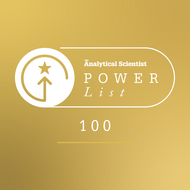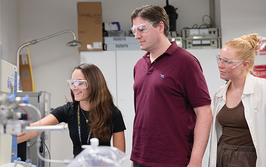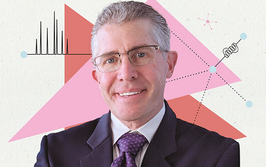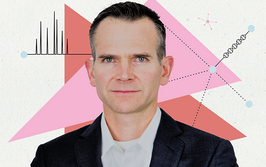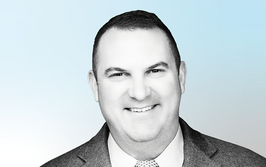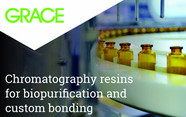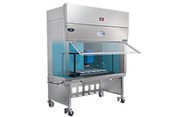Peter Schoenmakers
The Power List 2015
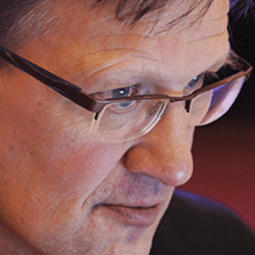
Peter Schoenmakers
Education Director COAST; Editor, Journal of Chromatography A; Professor, Analytical Chemistry/Forensic Science, van't Hoff Institute for Molecular Sciences, University of Amsterdam, The Netherlands.
Most important lesson Expected results are pleasing, but unexpected results are much more interesting. Of course, the correct application of analytical science requires that most of our experiments are performed in a repeatable manner. However, in scientific research, unexpected results herald progress.
Encounters with serendipity My best unplanned project came about on the way back from Vienna from a conference. A Philips plane was returning from Vienna half empty, and I got rescheduled from an airline flight to the company plane. At the time, I was interested in artificial intelligence – we were working on expert systems – and I bumped into Frans Sijstermans (who was similarly rescheduled) and found out that he was into parallel computing. We got some manpower from Lutgarde Buydens’ group in Nijmegen, used half of the nodes in a parallel computer (without anyone noticing), and obtained really nice results on neural networks...
Funniest moment The funniest thing I ever came across was the most-sensitive LC detector ever - the Post-column Explosion Detector (it was meant to be a post-column-reaction detector, but the reaction was a bit too fast.) It worked only for one peak (and after rebuilding, one more peak, so it proved repeatable). The details of this highly exciting experiment in Barry Karger’s group were, unfortunately, never published.
Eye on the horizon My field, analytical separations, is far from mature. There is a great need for better separations of all kinds of complex mixtures – and we need breakthroughs to fill these needs. My group is in a good position because we have three candidates for the next “Top 40 Under 40” Power List; we need excellent young scientists to bring the field further. Indeed, the Top 40 under 40 is perhaps more important than The Power List...
A great bottleneck for analytical science in the future will be education. Instruments will be increasingly designed and operated as black boxes, because more and more people (not only scientists) are using them. Consequently, we train fewer experts. However, analysts have to understand how methods work, and how they should be developed and validated. Scientists and engineers will be needed to design instruments and to explore new or improved principles. There is an ongoing shift: more of the best brains in the field are working for instrument manufacturers with fewer in other industries.
Sitting Down With interview: tas.txp.to/1015/Schoenmakers
